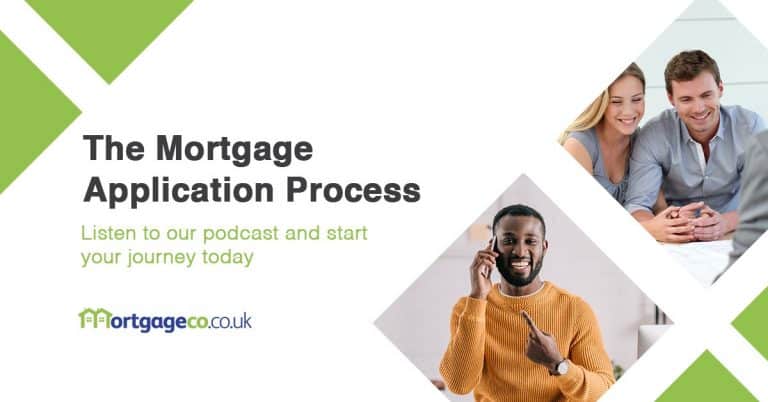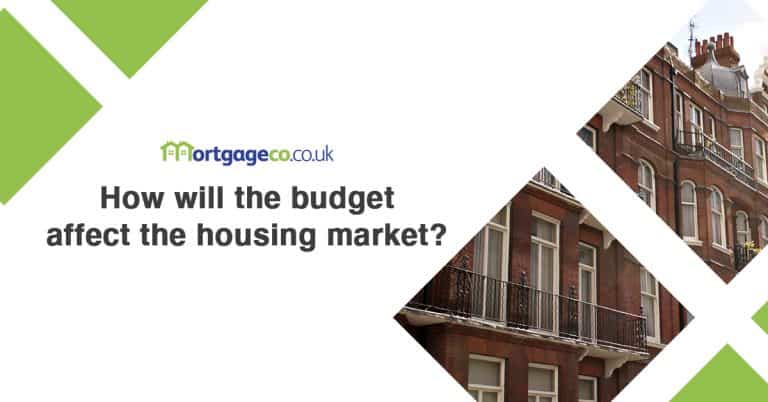Documents Needed for a Self-Employed Mortgage
- Free No-Obligation Consultation
- Access to Competitive Rates
- We Find the Right Lender for You!
Get in touch today for a free initial consultation on whether we can find you the right mortgage.
Home » Self-Employed Mortgages » Documents Needed for a Self-Employed Mortgage
What Documents do I Need for a Self-Employed Mortgage?
If you’re self-employed, to secure a mortgage you will few additional documents to prove your income to your potential lender. As well as the usual ID and bank statements, you may need tax records and company accounts.
What is a Self-Employed Mortgage?
Self-employed people apply for the same mortgages as those in formal employment. The only difference is in how lenders assess your income.
For employed mortgage applications, lenders simply request a salary figure and payslips to confirm it. It’s not quite so straightforward for the self-employed because your income can vary month to month, year to year. As a consequence, mortgage lenders request more information to decide how much you can borrow..
Historically, self-employed people could buy a home with a ‘self- cert’ mortgage, where you signed to state your income and no further documentation or proof was needed. These no longer exist; the Financial Conduct Authority banned them over a decade ago.
What Documents do you need for a Self-Employed Mortgage?
Every lender will have slightly different documentation requirements. You always need to submit proof of identity, which means a valid UK passport and photocard driving licence. You also need proof of address from recent bank statements or utility bills.
The documents lenders require as proof of income are often led by your trading style:
Sole traders and partnerships: You usually need one to three years’ tax calculations – specifically self assessment tax returns (SA302 forms) or a summary from your accountant.
Limited Company: You supply certified accounts for the last one to three tax years. Each set of accounts should state your salary. If not, you might need to provide P60 forms or tax details.
Something to bear in mind, especially for company directors, is that many lenders will base your loan amount on your stated salary. If you pay yourself a low taxable income you may need to seek out a lender that will also assess retained profits in your business.
Lenders will also check your credit rating to understand whether you have had any previous issues with loans, mortgages, bills or credit cards. If you’re concerned about your credit score, use a free online credit check service like Check My File.
Speak To An Expert
Our team of experts are experienced in catering for a range of clients, needs and property types. With a vast array of qualifications and accreditation from the financial accreditation agency you can be confident of quality service and sound advice.
How do you improve your chances of mortgage approval?
The secret to mortgage approval is to carefully check the lender’s criteria and make sure you fit them. For the self-employed, having all the documents ready is an important step. Other ways to improve your chances of fitting a mortgage lender’s criteria include:
- Waiting until you have at least two years of certified accounts
- Increasing your income – take larger dividends in the months before you apply
- Submitting evidence of new contracts and upcoming business deals
- Having a good deposit – more than 20% will boost your chances considerably
How can a Mortgage Broker help with Self-Employed documents?
Mortgage Brokers like the Mortgage Co are highly experienced in helping self-employed people buy a home. We know what lenders are looking for and how to make the best of your particular situation. We’ll confirm how much you can borrow and compare all the relevant mortgage deals, ensuring you can make an informed decision.
We will also ensure you have all the documentation ready and support you throughout the purchase process. We’re registered in England and authorised and regulated by the Financial Conduct Authority (FCA), giving you confidence to let us take the strain out of buying a home.
Useful Links
- Self-Employed Mortgages
- Limited Company Director Mortgages
- Self-Employed Mortgages One Years' Accounts
- Buy to Let Self-Employed
- Documents Needed for a Self-Employed Mortgage
- Joint Mortgage One Applicant Self-Employed
- What Income do Mortgage Companies look at Self-Employed
- Are Self-Cert Mortgages Still Available
Why MortgageCo?
- Raising The standards of financial advice
- Making financial advice accessible to all
- Trusted & stress-free financial advice
- Friendly, personable advisors











